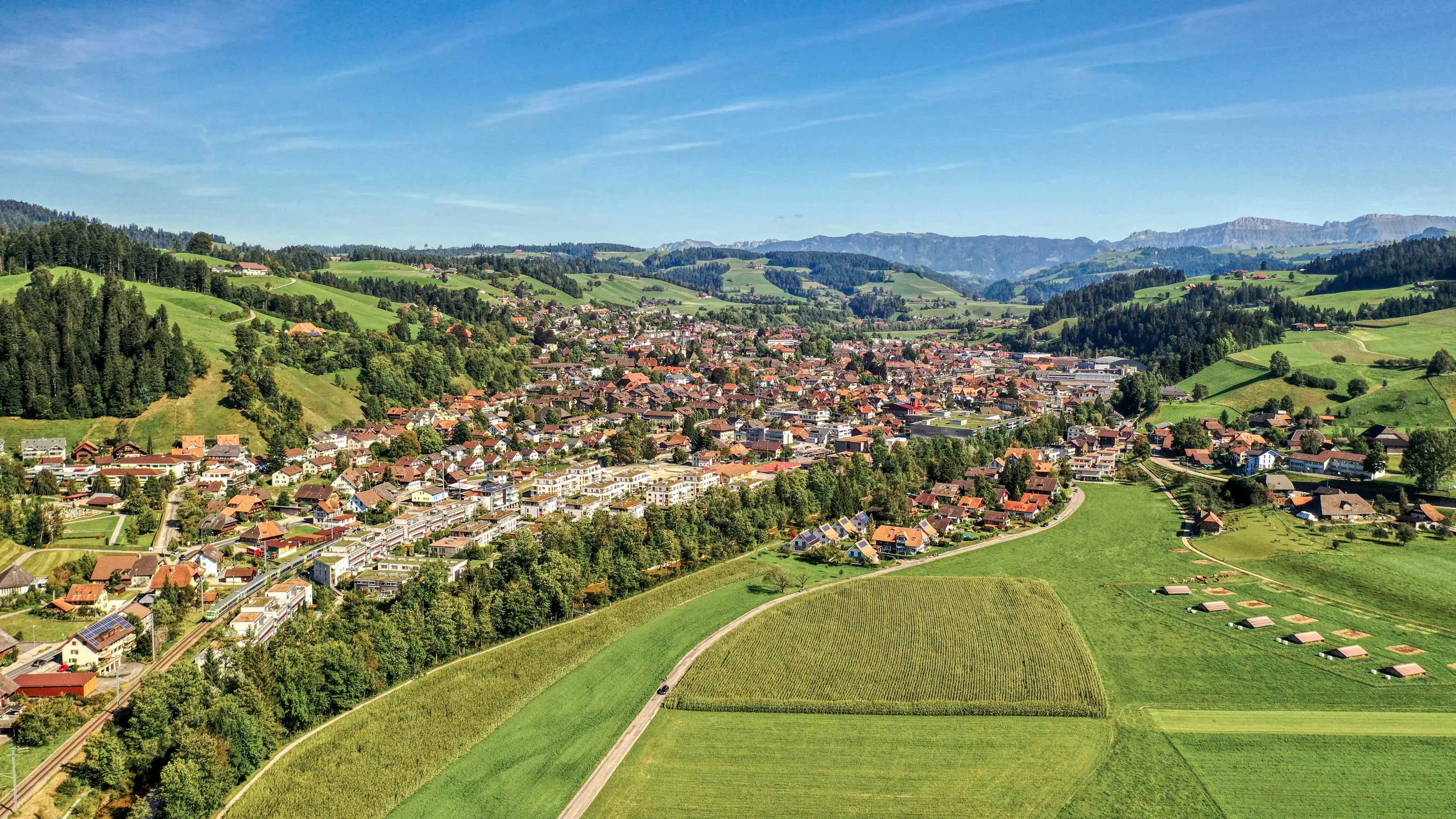Longstanding survey provides an overview of Swiss municipalities
Swiss municipalities consider themselves to be doing well and their finances to be stable. However, politics at the municipal level lack diversity and new blood.
As of 1 January 2024, there were 2,131 municipalities in Switzerland. The number of municipal mergers seems to have peaked, perhaps because many of these projects have now been completed. Perceived autonomy has increased slightly since the last survey was conducted in 2017 but remains at a moderate level. Taxes were raised in no more than 15 percent of municipalities.

Spatial planning and asylum seekers as challenges
Swiss municipalities manage to master most of their tasks. However, almost one in three municipalities struggle with issues relating to spatial planning, taking care of asylum seekers and managing building permits. Around one-quarter also have difficulties with municipal administration. Many rely on cooperation with other municipalities to increase their professionalism and optimise costs, for example in Spitex home care and firefighting services. Municipal politics is dominated by men (75 percent) and the politically independent (48 percent). The average age of a municipal executive is 54 years, an increase of two years compared to last survey. Moreover, more and more executives hold a university degree, while just under half of municipalities mention filling vacancies as an issue.
Important database
The National Municipality Monitoring survey has been conducted every six years since 1988. It examines the state and development of Swiss municipalities, their finances, reforms, values and politics. Supported by the Swiss National Science Foundation (SNSF), the survey provides valuable insights that benefit government institutions, research projects, associations and the general public. The data are collected through a survey conducted among municipal clerks and executives by the ZHAW School of Management and Law in cooperation with the Swiss Graduate School of Public Administration (IDHEAP) in Lausanne as well as the Association of Swiss Communes.